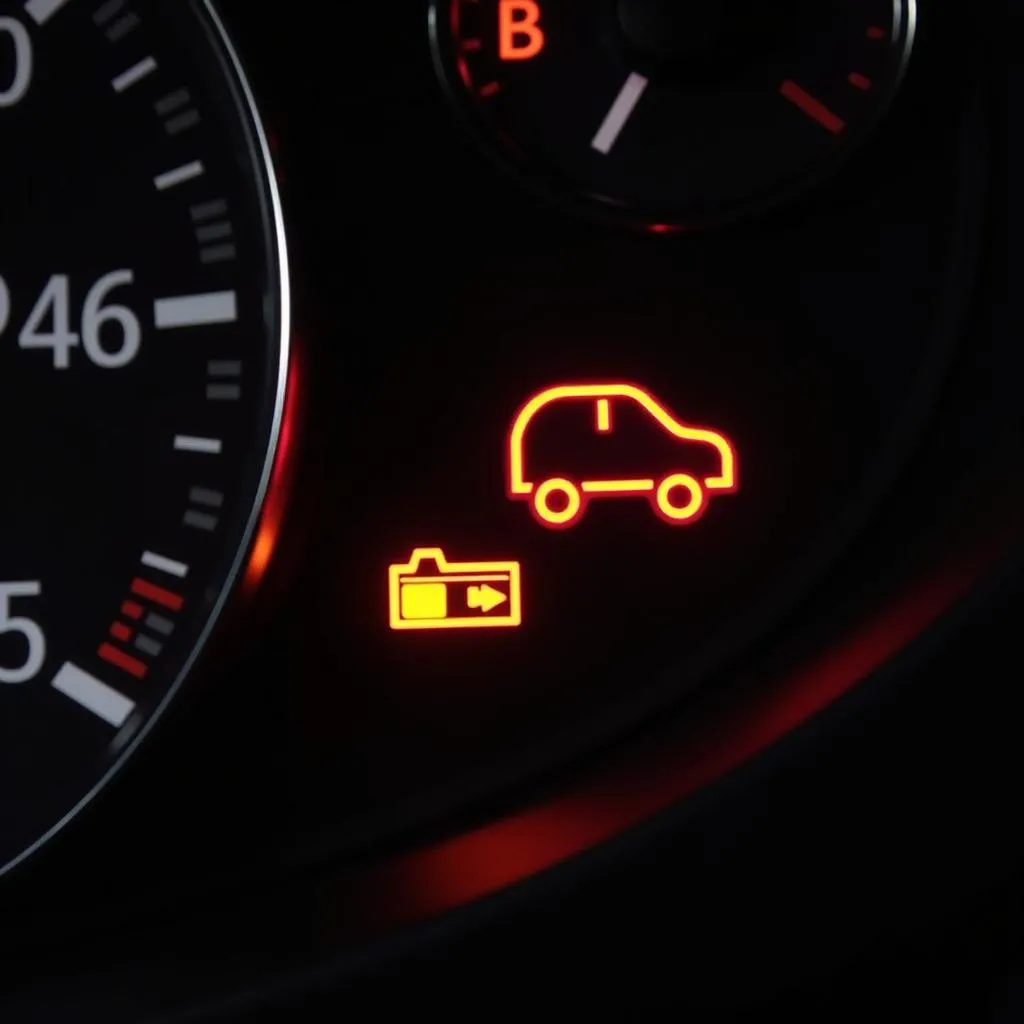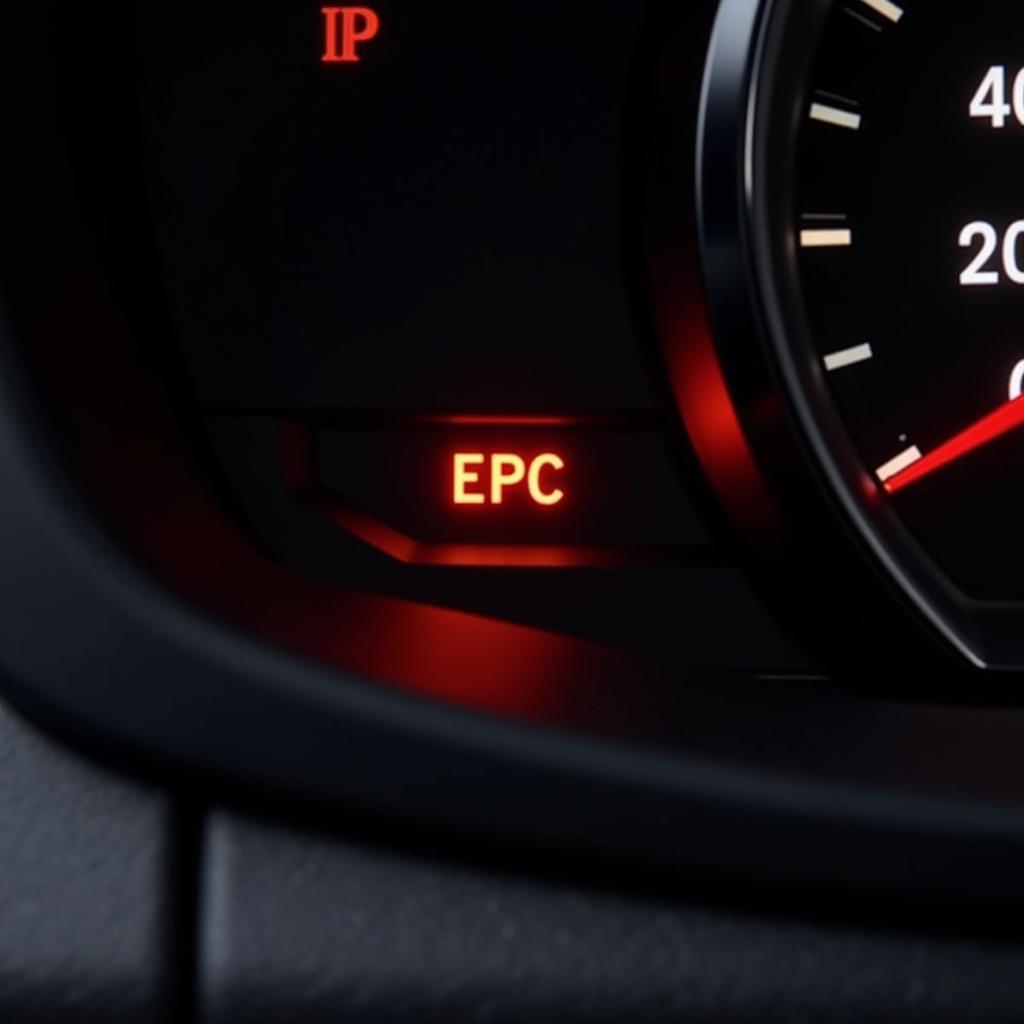Warner trailer brakes are a vital component of your towing setup, ensuring safe and controlled stops. However, like any mechanical system, they can experience issues. This guide provides expert advice on diagnosing, troubleshooting, and potentially fixing common problems with your Warner trailer brakes.
Are your Warner trailer brakes acting up? Don’t worry, you’re not alone. Many trailer owners experience issues at some point, and with a little know-how, you can often diagnose and fix the problem yourself. This comprehensive guide will walk you through common Warner trailer brake problems, from simple adjustments to more complex electrical issues. We’ll even discuss remote software solutions for modern brake systems, demonstrating how technology can play a vital role in trailer brake maintenance. You can learn more about older systems at old warner trailer brakes.
Common Warner Trailer Brake Problems and Solutions
Several issues can arise with Warner trailer brakes, ranging from simple mechanical adjustments to more complex electrical problems. Understanding these common problems is the first step towards a solution.
Mechanical Issues
-
Brake Adjustment: Incorrectly adjusted brakes can lead to poor braking performance or even overheating. Check your owner’s manual for the correct adjustment procedure for your specific Warner trailer brake model.
-
Worn Brake Shoes: Over time, brake shoes wear down and need replacement. Inspect your brake shoes regularly and replace them if they are worn beyond the manufacturer’s recommendations.
-
Seized Components: Rust and corrosion can cause brake components to seize, preventing proper operation. Regular lubrication and maintenance can help prevent this issue.
Electrical Issues
-
Wiring Problems: Damaged or corroded wiring can interrupt the electrical signal to the brakes, resulting in malfunction or complete failure. Thoroughly inspect all wiring connections and replace any damaged wires.
-
Faulty Brake Controller: The brake controller in your tow vehicle sends the signal to the trailer brakes. A malfunctioning controller can cause a variety of braking problems. Test the controller with a known good trailer to isolate the issue.
-
Magnet Issues: The electromagnet within the brake assembly is essential for proper operation. A faulty magnet can lead to inconsistent or weak braking. Specialized diagnostic tools can help pinpoint magnet problems. For more specific information on electric brakes, visit warner electric trailer brakes.
Remote Diagnostics and Software Solutions
Modern Warner trailer brake systems often incorporate advanced electronic components that can be diagnosed and even programmed remotely. This can save significant time and money by identifying issues quickly and efficiently.
Remote Diagnostics
Remote diagnostics allow technicians to access your trailer’s brake system data from anywhere in the world, pinpointing problems without needing physical access to the trailer. This is particularly helpful for diagnosing intermittent issues or problems that are difficult to replicate in a shop setting. You can find more resources about vintage systems at vintage warner trailer brakes.
Software Updates and Programming
Just like the software in your computer or smartphone, the software in your trailer’s brake system can be updated and programmed remotely. These updates can improve performance, fix bugs, and even add new features.
What are the most common causes of Warner trailer brake failure?
The most common causes of Warner trailer brake failure include worn brake shoes, faulty wiring, incorrect brake adjustment, and problems with the brake controller.
How often should I inspect my Warner trailer brakes?
Inspect your Warner trailer brakes at least once a year, or more frequently if you tow regularly or in harsh conditions.
Can I adjust my Warner trailer brakes myself?
Yes, you can often adjust your Warner trailer brakes yourself. Consult your owner’s manual for the specific procedure for your model.
“Regular maintenance is key to preventing trailer brake problems,” says John Smith, a certified automotive technician specializing in trailer brake systems. “Simple checks and adjustments can save you time and money in the long run.”
Utilizing PWM Technology for Enhanced Braking
Modern advancements in trailer brake technology have led to the introduction of Pulse Width Modulation (PWM) systems. These systems offer significant improvements in braking performance and control, providing a smoother and more responsive braking experience. Learn more about this technology by exploring our resources on power warner pk elctric brake with pwm.
“PWM systems offer a more refined braking experience,” adds Jane Doe, a leading expert in automotive electronics. “The precise control provided by PWM significantly enhances safety and reduces wear on the brake components.”
Conclusion
Maintaining your Warner trailer brakes is crucial for safe and reliable towing. By understanding common problems, performing regular maintenance, and utilizing modern diagnostic and software solutions, you can keep your trailer brakes in optimal condition. Remember, proactive maintenance is always better than reactive repairs, especially when it comes to your safety on the road. Regularly inspecting and maintaining your Warner trailer brakes is essential for safe and efficient towing.
FAQ
-
What are the signs of failing Warner trailer brakes? Signs include poor braking performance, overheating brakes, and unusual noises coming from the brakes.
-
How do I test my Warner trailer brake controller? You can test the controller using a specialized tester or by connecting it to a known good trailer.
-
Where can I find replacement parts for my Warner trailer brakes? Replacement parts are available from authorized Warner dealers and various online retailers. For specific sizes like 12-1 14 x 5-1 2, you can search for warner 12-1 14 x 5-1 2 trailer brakes.
-
How often should I replace my trailer brake fluid? Trailer brake fluid should be flushed and replaced every two to three years, depending on usage and climate conditions.
-
What is the role of the breakaway cable in Warner trailer brakes? The breakaway cable activates the trailer brakes in the event of a trailer separation from the tow vehicle.
-
Can I convert my drum brakes to disc brakes on my Warner trailer? Yes, conversion kits are available, but professional installation is recommended.
-
How do I troubleshoot a no-brake situation with my Warner trailer brakes? Start by checking the fuses, wiring connections, and brake controller. If the problem persists, consult a qualified technician.


